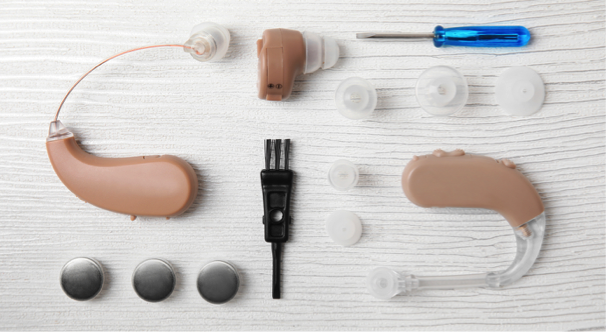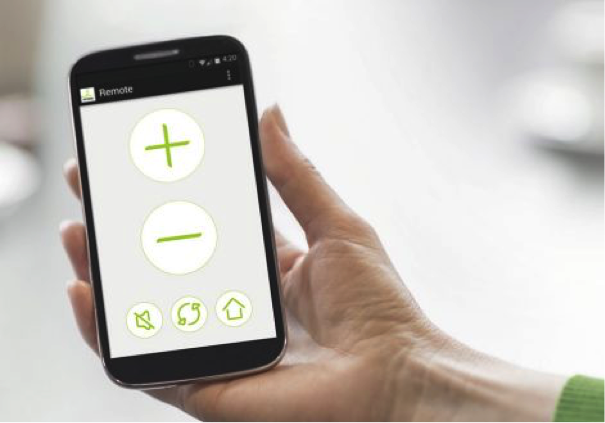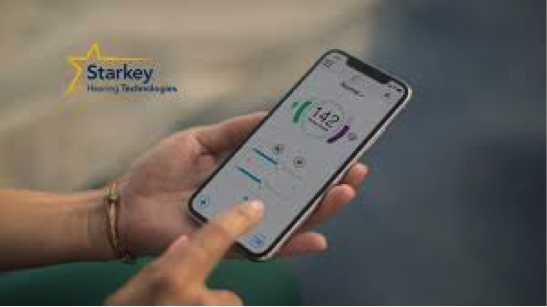Each month we will be doing an “Ask the Expert” blog post. If you have questions for our expert, send them to us at [email protected] and put “Ask the Expert” in the subject line.
Q: You talk a lot about “service”. Why is service so important when it comes to hearing aids?
A: Great question! I preach about the importance of service all the time! Our service-based approach is what sets us apart from a lot of other providers.

But why is service so important? Its important because your hearing will not be perfect the moment you put on a new set of hearing aids. The hearing test that we perform will give us a lot of great information but the fitting process is still trial and error. We want you to come back in for a follow up appointment to tell us what you like (and what you don’t like) with your new hearing aids. That is how we work with you to ensure the best possible fitting.
Another reason service is key, is that your hearing will change over time. Having a provider that you trust is what keeps your hearing aids working from day 1 to day 501. Changes will need to be made in the fitting formula down the road and having a provider that is dedicated to seeing the process through from start to finish is vital.

And finally, service is important because we need to keep the hearing aids cleaned and functioning properly. You can do a lot when it comes to the maintenance and cleaning of your hearing aids. But we have special tools and training to take care of things that you are not equipped to handle. Having a provider that is willing to take the extra five minutes here and there to make sure the hearing aids are in good shape makes the entire experience of wearing hearing aids much better.

Q: How long should hearing aids last?
A: Second month in a row I have gotten this question. Must be a pretty common concern.
If you clean them properly and have them checked by a professional regularly (every 6 months or so) a hearing aid should last a minimum of four to five years. If you are taking care of your hearing aids, your loss will likely “outgrow” the hearing aid before the hearing aid quits working. But this is different for everybody. For example, if you are active and outdoors often your hearing aids will take more of a beating than somebody who spends the majority of their time indoors.
Q: I saw an ad for a really small hearing aid that goes in your ear canal. How small can you make a hearing aid?
A: We can make ITE (in the ear) hearing aids that are incredibly small. But the exact size is dependent on two factors. How much space to we have to work with? Basically, do you have itty bitty ear canals. And secondly, how much power do you need? The size of the hearing aid is dependent on the components inside. If you need a lot of power we would not be able to make the hearing aid as small as somebody who had a mild loss and did not need as much power.

Q: Do hearing aids connect to smart phones?
A: It depends on the hearing aid. There are hearing aids that can connect to your smart phone. But what exactly they do once they are connected depends on the hearing aid and the model of phone.
Basic smart phone hearing aids will connect to your phone and act as a remote control. You will be able to adjust the volume of the hearing aids and select programs. (Programs adjust the listening setting to optimize for situations like restaurants, church, etc.)

The next level of smart phone hearing aids have all of the remote control features but also allow streaming. When you receive a phone call, the call is beamed directly to your hearing aids eliminating background noise. You are also able to stream when watching videos or listening to music. Making your hearing aids a set of headphones that are programmed for your exact level of hearing loss.
The top tier of smart phone hearing aids do all of the features I have listed above, but also are “whole health” devices. These hearing aids can track your daily steps, check you heart rate and can also detect a fall. These are the newest technology available and are truly fascinating.

Make sure you read our future blogs because I will dive into these hearing aids in more depth in the next few weeks!
If you have a question that you want answered, contact our office and set up an appointment with one of our hearing specialists.
